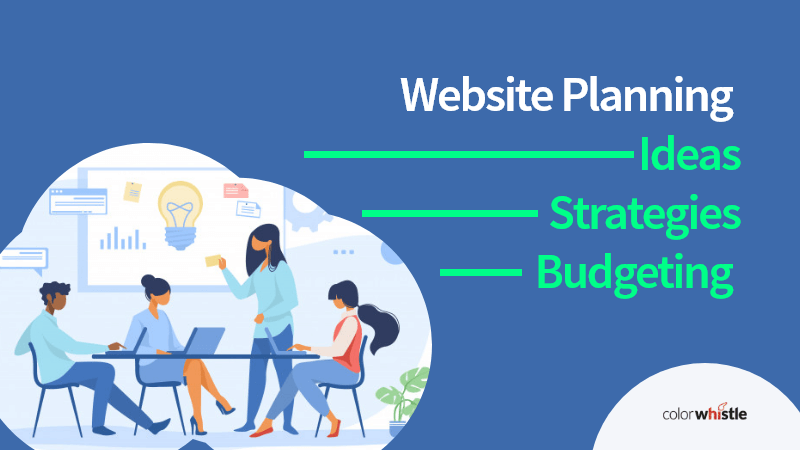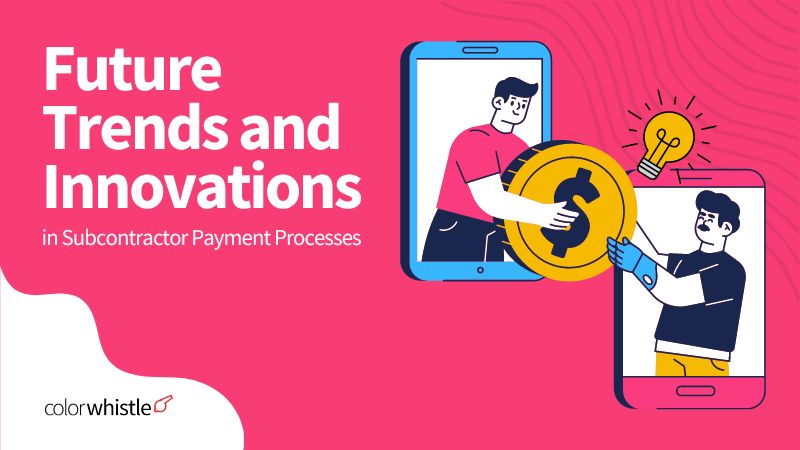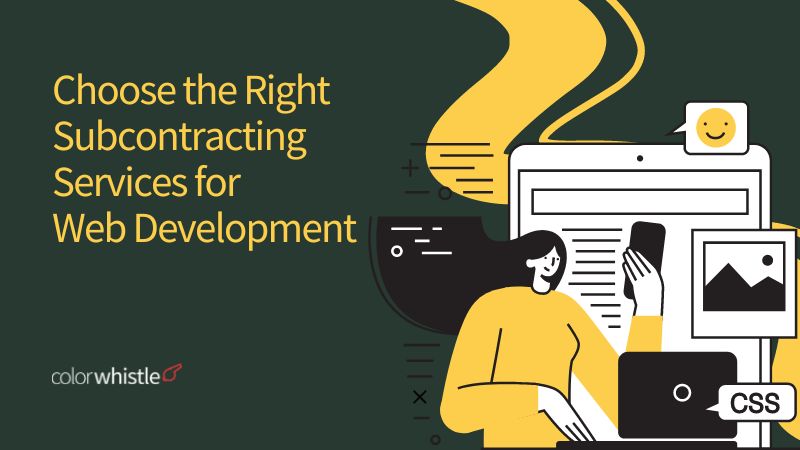Should you really invest time in website planning when there are ready-made templates available? Why should you consider a web development agency when you already have builders like Weebly.com, WordPress.com, Wix.com?
True that these solution providers offer excellent website building services including trendy design, excellent support for third-party development and marketing integrations, as well as hosting services.
For businesses looking to transform and as a prime decision-maker of such an organization, your website planning strategy should focus on:
- Deciding web solutions for audience type,
- Leveraging business opportunities in this automation first era,
- Engaging with a like-minded web development agency.
Let’s dive in further.
Basics first: Should you go for a Website Planning or Web Application Planning?
At this point, we would strongly recommend you to read our previous blog to know the subtleties between the most interchangeably used terms: website and web application.
Haven’t you opened the link to the said blog post in the other tab yet?
We are stressing on embracing the similarities and differences between the two terms so that you don’t drag yourself into unrealistic expectations from your hired web development professional when they fail to meet any of your business expectations.
The table below shows a raw comparison between a website and a web application with respect to end business goals.
Online Business Goal Planning
Availability to Users
WEBSITE
Users need a web browser to access any website across devices.
WEB APPLICATION
- Users will have to install a web application separately before they can access it.
- However, Modern applications/SaaS applications including CRM software, Marketing Automation Software do not need separate installations.
- PWAs are a great improvement over traditional mobile applications which have eliminated the need to install separately.
Online Business Goal Planning
Development Challenge
WEBSITE
Websites are compatible across all platforms and devices. Nuisances like optimizing websites for different screen sizes across devices still remain prominent.
WEB APPLICATION
- Web Apps need to be developed separately for each different platform like Android, or iOS.
- Hybrid solutions like Flutter have re-innovated this challenge.
Online Business Goal Planning
Marketing Challenge
WEBSITE
Websites can be shared easily, publishers can instantly direct users to a website from a blog or any other source.
WEB APPLICATION
- Publishers need to put a lot of effort to invite users to download and install the application.
Online Business Goal Planning
Device Functionality
WEBSITE
Less effective/beyond the scope of business requirements.
WEB APPLICATION
- More effective in accessing native functionalities of the device which is running such a Web App. More compatible with specific business requirements.
Table1: Business Goals to help decide between a Website or a Web Application
What are Progressive Web Apps (PWAs)?
Essentially a front-end technology in web development, the Progressive Web Apps came into existence in 2015 to provide a native-like experience to the users visiting a website. Some of the features include push notifications, offline support, background synchronizing, updates without installation, accessing location, webcam. Of course, they ask your permission prior to accessing any hardware.
Top technologies like ReactJs, Vue.Js can offer strong support in building PWAs for your business.
Some of the websites using PWAs are Uber, Starbucks, Tinder, Flipkart Lite, Alibaba, The Weather Channel, The Washington Post, Fandango, Jumia Travel, Lancôme, Ola, Twitter Lite, Virgin America, JioCinema, OLX, Wego, Flipboard, Telegram, Pinterest, BookMyShow, and Trivago.
The list is endless as brands always look to expand to new markets by giving easy access to all users regardless of location, network, and devices. And PWAs are rightly the future.
Also Read
What are Web APIs?
With data slated as the ‘new oil’, Application Program Interface (API) has set industries on the path to access, modify, and use various data sets to their business advantage. In practice, you can create a whole new web application using APIs.
Web APIs allow developers to build web pages and web-based applications using these data. One particular application of web APIs is server APIs. It is commonly referred to as a cloud solution. Say, if you want to open a travel portal, you can request available seats & other related information from official servers of airlines using a particular API.
Useful read:
- Why Businesses of Various Industries Should Invest in API Development?
- Role of API & Use Cases for Healthcare Website.
- Importance of API in Educational Websites.
Current web development trends:
Accelerated Mobile Pages: Most of your web app users access it via mobile devices. Thus, low page load speed will account for poor conversions.
Content personalization through machine learning: Machine learning is being used in web apps in different industries, such as healthcare, finance, education, agriculture, etc. to improve user experience. Analyze your website visitor behavior and adjust the content they are shown to increase engagement and conversion.
Voice search: It is accelerating e-commerce in recent times. Brands can consider developing applications for smart speakers to create one more channel for generating sales.
Data security: Push for data security will naturally follow as businesses are relying more and more on data to generate new revenue streams. In fact, advertising your brand’s web app as “data secure” will earn appreciation from new-age users. Keep an eye on the most effective approaches including Artificial Intelligence for cybersecurity & decentralized data storing approach using Blockchains.
Micro frontends: A growing trend where developers can independently re-write any component of the frontend without affecting the functionality and the overall UI. Your web development professional should implement it in your new app to make hassle-free changes to the frontend.
Catch the top highlights on web development strategies from Google I/O’21 in the video below.
Strategize your business decisions alongside website planning
To make a wise sense of table 1, your decision to opt for a website or web app will be based on your distinctive business needs and will depend on factors, including:
- Target audiences
- Intended purpose
- Available budget
- Essential Features
And to give you a better perspective of the effective applications of website and web applications for business, here’s another table of comparison:
CHOOSE WEBSITES IF
- You are a small business and local to your customers, you would just need a boutique website or brochure website to talk about your brand briefly, run some online marketing campaigns, give a location pointer with a map.
- You are running a popular small business, you would need to have a bespoke website to showcase your products/services to your customers.
- You run a family business, a new startup, or a business with less personnel, you would just need to think of your brand, a website for your marketing and lead generation needs. A simple custom WordPress website development can satisfy most of the business’s needs.
- You are an established business group in the market and growing, you can re-invent digital marketing with website re-design.
GO FOR WEB APPLICATIONS IF
- You are a local business with a doorstep service business or a business expecting continuous customer interactions at regular intervals, you can automate this process with an innovative custom web application development.
- Your business needs interaction with your customers anytime they want, then you might need a web application with chat, social media, API integrations, and custom API development to provide web services on time.
- You are part of manufacturing, textile, agriculture, or an industry that has many external divisions, to reach the end customer, you may need many software applications to run your business efficiently. Keeping all of them together on one web application will be a huge benefit to your business process. For this, there are many good:
- Enterprise Resource Planning (ERP) systems,
- Cloud-based BPM applications,
- CRM software out there in the market to solve the business needs.
For example,
- For running a modern travel business, you would definitely need a travel web application development for your next travel portal with various travel website features.
- a web application development for online education with LMS features,
- a real estate web application development with features for real estate agents and clients,
- a health care web application for business to patient care.
Table2: Comparing Common Applications of Website and Web App
REST API in WordPress (Part of your WordPress website planning)
WordPress custom websites are fast becoming the norm for most business owners. WordPress development experts can harness the potential of the REST API principle to provide better user experience for their clients’ websites.
Popular API web integration services for various business requirements include:
- Social Media API Integration: Social Media API integration services for Facebook, Twitter, Linked In, Google+, Instagram, Pinterest, YouTube, Vimeo, Bebo, and much more to help you reach a large amount of audience.
- E-commerce API Integration: e-commerce APIs such as security, price comparison, shipping, site search, payment handling, and store API integration is aimed at enhancing the customer shopping experience.
- Payment Gateway API Integration: Payment gateway integration service using the famous gateways such as PayPal, Stripe, Authorize.net, Google Checkout, PayU, BillDesk, and CCAvenue.
- Communication API Integration: Integrate communication APIs for SMS (Two-Way SMS API, SIP Trunking Number Discovery) and e-mail (SendGrid, ZeroBounce, etc) to attract, convert, and retain customers.
- Marketing API Integration: Integrate marketing APIs such as LinkedIn Marketing Developer, Google Adwords, Clearbit, FullContact, MailChimp, Hootsuite, other social login gateways, and more to manage your audience and find new customers.
Why build websites for marketing first?
There is nothing more tedious than trying to optimize a site post-development… when the developer clearly had no concept of rankability, website maintenance, user navigation.
Your website/web app is essentially a marketing hub to connect all your digital marketing strategy efforts. It will include planning for search engine optimization, newsletter signups, gated content that is available after filling a form, social media sharing buttons, and more.
The most common essential marketing website integrations are:
- Content Management System (CMS)
- Customer Relation Management (CRM)
- Email marketing platform
- Scheduling software
- Inventory management platforms (for eCommerce)
THESE brands took the right decision
Popular sentiment across the developer community reflects:
“The whole idea of people having to download, install and give separate apps permissions to use whatever the company wants was retarded from the beginning. Apple foresaw this day with their first iPhone which didn’t even have an app store because the web could handle everything that apps do today and more…”
1. Starbucks claims success with its new PWA: Microsoft is hoping for users to willingly use their desktop for their computing needs rather than reaching for their phone. Following which Starbucks switched to PWA from the mobile app. The company reportedly doubled the number of people who used the website to place orders each day, with desktop users now ordering at about the same rate as mobile users.
2. AliExpress sees increased conversion rates with AMP: AliExpress, the global online retail marketplace, launched a new mobile site as an AMP-driven Progressive Web App. The new site increased its conversion rate for non-search traffic by an incredible 31%.
3. Intersection got it right with a simple website: A popular ad agency in Canada analyzed its business goals and went ahead with a very pretty but simple website.
4. Pinterest overcomes poor internet connectivity with PWA: After analyzing user behavior and regions of service, Pinterest moved to PWA in hope of improving their mobile web experience as well as increase the number of sign-ups. And the company achieved it in less than 6 months.
Also Read
Finally, THE cost to build a custom website …
There are three main factors that affect the price of a website.
- The choice of your web technology matching your business goals.
- The hourly rate/project rate of a web design agency.
- The expertise of the team members.
We have already discussed various pricing strategies in our previous blog. You may check it out here.
Further, here’s a video from Sankar, Founder of ColorWhistle, explaining why multiple agencies have multiple pricing structures for the same projects.
Let’s NOT forget website maintenance …
Successful sites are not built and forgotten but maintained and improved. This will include maintaining websites for software updates, security scanning, site backups, SEO for marketing, site tweaks, and updates, and more. A reasonable expectation of costs for yearly maintenance is about 10-25 percent of the site’s initial budget.
How to NOT choose a website professional?
“I know this guy who will do your website for $400. You should call him!”
“Our network administrator says that XYZ CMS is the best new technology for building websites! We can get someone who can work on it for us.”
“My nephew who just graduated says he can design a website.”
It is as simple as this: Don’t hire an airplane pilot when you need a ship’s captain.
Making important business decisions based on hearsay can result in a blunder. We have had several clients coming to us for professional help after wastefully spending on wrongful website-building decisions.
Looking for Web Development Services?
Seize and experience the transformative impact of Web Development Services & Solutions with ColorWhistle.
In Sum …
- Planning – decide whether you want a website or web application.
- If you are a manufacturing company, ERP / SAP / BPM will handle core, and website or web application can be for the rest.
- Build your website for marketing first.
- Automation in web development is an ongoing trend. Catch up to it only if it matches your business goals.
- To estimate a website cost – you will have to plan a budget for many components according to your business goals.
This concludes our idea on website planning or web application planning :) We would love to hear from you as well. You can get connected with us over a call +91-944-278-9110 or write to us.
Comment down below if you liked this post.
In quest of the Perfect Web Development Services & Solutions Buddy?
Be unrestricted to click the other trendy writes under this title that suits your needs the best!
- E-commerce vs Online Marketplace – What is the Difference?
- Top Web Design and Development Companies in Ethiopia
- Best Web Design and Development Companies in Mauritius
- Top Web Development Companies in Madagascar
- Best Web Design and Development Companies in Egypt
- Top Web Development Companies in Ghana
- Best Web Design and Development Companies in Dubai, UAE





